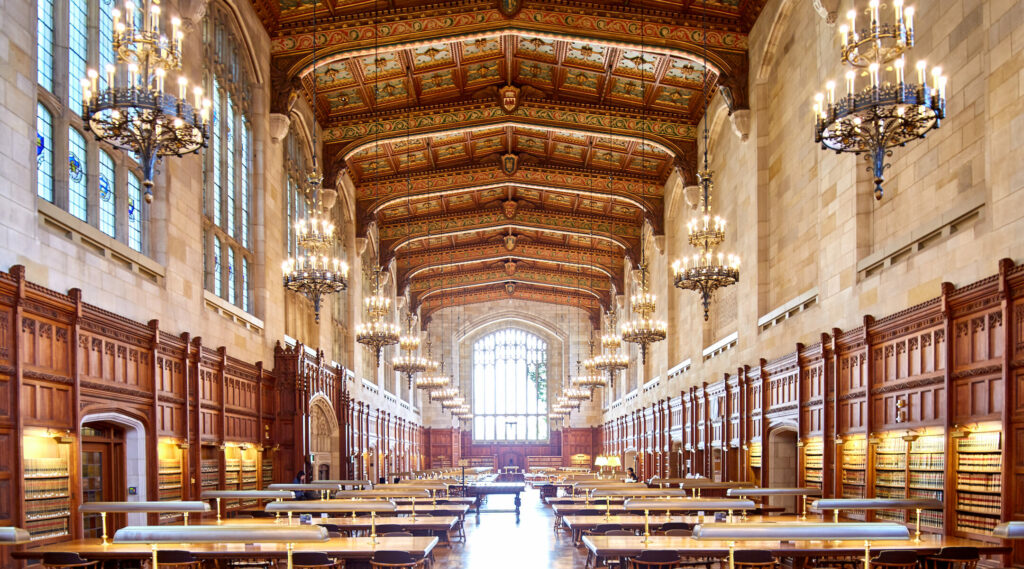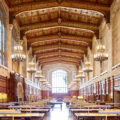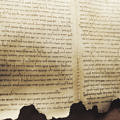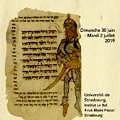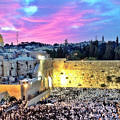The University of Michigan’s Frankel Center for Judaic Studies interviews me about my research project.
You can read the interview here or below.
I want to thank Jillian Luciow, Public Engagement and Events Specialist at the University of Michigan, for this interview:
What will you be researching while a fellow at the Frankel Institute and how does it relate to your work overall?
I will investigate the use and reception of pseudepigraphy within ancient Judaism. This topic relates to my larger research on literary forgery, which encompasses both ancient and modern Jewish “fake” texts. It fits the Frankel Center’s fellowship theme for this year, as ancient Judaism is characterized by a diversity of authoritative Scriptures: some Jewish groups only recognized the Torah of Moses, while others ascribed authority to other books, some of which were later rejected as false writings. This is
notably the case of the Book of Enoch.
What is the most common misconception about this area of research?
It is often assumed that pseudepigraphy (that is, writing using someone else’s name) was a perfectly normal and acceptable practice within ancient Judaism. The evidence I have gathered so far seems to indicate the contrary: ancient Jewish writers insist, for instance, that the five Books of Moses were indeed written by Moses himself. My research thus shows the diversity within ancient Judaism in the way that pseudepigraphy was viewed and used.
What has been your greatest success in academic/teaching, research, etc.?
Having been trained in both formal sciences (Mathematics, Computer Science, Physics and Chemistry) and humanities (Theology, History, Philology, and Epigraphy), I developed an original approach to the study of ancient texts that takes advantage of all these fields. My colleagues were somewhat skeptics at first, but now, after more than a decade, more and more recognize the value of this approach. I dream of a day when it will be normal for a student to learn Mathematics when they want to become a philologist!
What do you hope to gain from this experience? How has your time at the University of Michigan impacted your research so far?
Contrary to many universities, where boundaries between disciplines are hard to cross, the University of Michigan welcomes—and even encourages—original approaches such as mine. Being here is a wonderful opportunity for me to observe how multidisciplinary and interdisciplinary programs can be developed “in real life.” I learn a lot from this tremendous experience!
 En
En Fr
Fr